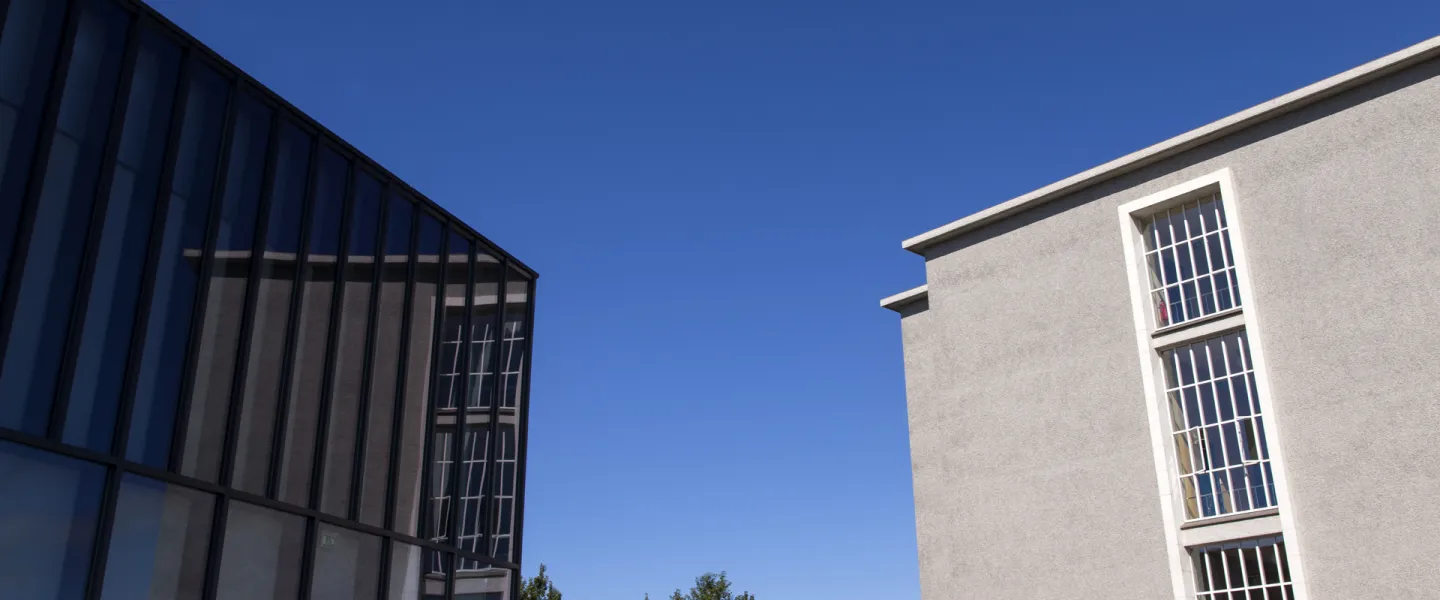Veröld - Hús Vigdísar
Auditorium
Cultural practices and inherited traditions are fundamental to defining a nation’s identity — distinguishing it from others and underscoring its uniqueness.
In Arabic, the term Turath (heritage) captures this essence: the historical continuum of a people, preserved and passed down through generations.
For Palestinians, Turath embodies the depth of their history and civilization, most vividly reflected in the intricate art of embroidery. These embroidered garments tell stories of place and belonging, each pattern marking the distinct character of Palestinian cities while weaving together a shared cultural legacy.
Palestinian embroidery is more than an art form — it is a living expression of resilience and identity. Rooted in folklore and nurtured through generations of women’s craftsmanship, its origins trace back to the Canaanite era, as evidenced by archaeological finds across historic Palestine. Canaanite sculptures and artifacts reveal early mastery in weaving and dyeing, particularly in the deep crimson and purple hues that continue to characterize Palestinian embroidery today.
This lecture that is organized by RIKK - Institute for Gender, Equality and Difference at the University of Iceland explores how these threads of tradition connect past and present, revealing embroidery as both a cultural treasure and a symbol of empowerment for Palestinian women.
Summer Abu Mughli holds a Bachelor’s degree in English Language and Literature and a Master’s degree in International and Cultural Studies and Design. She works as a partnership and global initiatives specialist at An-Najah National University in Nablus, Palestine.
Moderator: Magnea Marinósdóttir, International Relations expert.
The lecture will be held in the Auditorium (Auðarsalur) in Veröld, on November 12 at 17.00. The event is in English and everyone is welcome!
Share
Buses 14, 1, 6, 3 and 12 stop at the University of Iceland in Vatnsmýri. Buses 11 and 15 also stop nearby. Let's travel in an ecological way!
